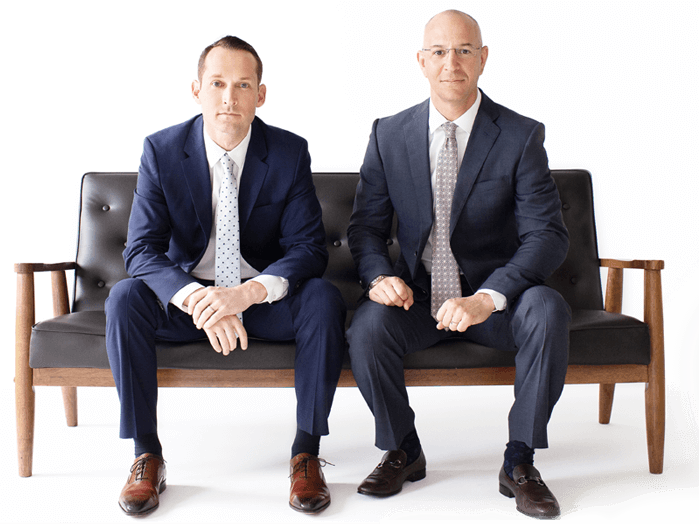In Arizona, a juvenile can be charged with a crime as early as age 8. Under state law (A.R.S. § 8-201), anyone between the ages of 8 and 17 is considered a juvenile and may be processed through the juvenile justice system for criminal offenses. However, the way a juvenile is charged and handled depends heavily on the nature of the crime, the juvenile’s age, and their prior criminal record.
Arizona courts consider several factors when deciding how to charge a juvenile, including:
Judges may also order diversion programs or community-based rehabilitation instead of detention, especially for first-time or non-violent offenders.
If your child is facing juvenile charges, it's important to take them seriously—even minor charges can impact a young person’s future. Juvenile records, though often sealed, can still affect education, employment, and housing opportunities if not handled correctly.
That’s why it’s critical to work with an experienced Arizona juvenile defense attorney who understands the local laws and has a strong record in juvenile courts.
In Arizona, certain juveniles may be tried as adults when specific conditions are met, as outlined under Section 13-501 of the Arizona Revised Statutes.
When children are charged with crimes, they are, at least theoretically, treated differently from adults. The offenses are not called crimes, they are usually referred to as “delinquent acts.” A.R.S. § 8-201(12). In some cases, children are classified as “incorrigible,” which actually sounds worse than it generally is. That designation includes habitual truancy, failure to obey parental directions, runaways, certain behavioral issues, or acts which, while not criminal in nature, are against the law when committed by a minor. Finally, unlike the adult criminal justice system, where the goal is primarily punitive, the juvenile justice system is geared toward rehabilitation rather than punishment. Whatever the specific charge may be in your child’s case, you need an experienced Arizona Juvenile Crimes Attorney who will vigorously defend the case and work toward achieving your primary goals:
At Feldman & Royle, our juvenile defense lawyers understand the importance of successfully resolving your child’s legal issues to avoid any undue impact on his or her future. And we have the experience that will provide you with the best opportunity to get your child back on track. Call us for a free, no obligation consultation.

The juvenile court has jurisdiction for children from the age of 8 and their 18th birthday. At the upper end of the age spectrum (15 years of age and older), the law provides that if the child is charged with certain offenses, the child will be tried as an adult. In other cases, where the government wants to try the child as an adult, the prosecutor must make a transfer application to the court, and have it approved by the judge. In the case of a juvenile 14 years of age or older, who is charged with a felony and who has two prior felony convictions, the case may be tried in adult court if it is deemed necessary to protect the public.
In most adult criminal cases, a jury decides the issue of guilt or innocence. In juvenile cases the decision is made by a judge. There is no mandatory sentencing in juvenile cases, and most juveniles who find themselves charged with delinquency are eligible for what is known as “pre-filing diversion.” These are programs which, although not without some consequences (including, among other things, apologies, community service, and/or classes), are designed to avoid repetition of the same mistakes. In Maricopa County, around 80% to 90% of juveniles who are placed in diversion programs successfully complete the program.
Probably the most common charges against juveniles in Arizona involve:
Juvenile Probation: The consequences or juvenile crimes punishments for many of these charges include a variety of things and often include:
While there are cases in which juveniles can be charged and tried as adults, we can say confidently that the percentage of cases in which juvenile offenses are treated within the adult criminal justice system is decreasing. In addition, in Arizona the rate of juvenile arrests is on the decline. And the decline covers both property crime arrests and violent crime arrests.
There are major differences between handling an adult criminal case and a juvenile charge. The nature of the charges is often different, the court system is different, the rules are different, and the consequences are different. Nevertheless, when it is your child who has been charged, the implications are serious. You want to provide the very best in legal representation to minimize any negative impact on your child’s future which requires an experienced Phoenix juvenile crimes attorney.
At Feldman & Royle, our Phoenix criminal defense attorneys know what you and your family are going through. If your child is facing a juvenile charge, call us today to see how we can help. Your initial consultation is free.
